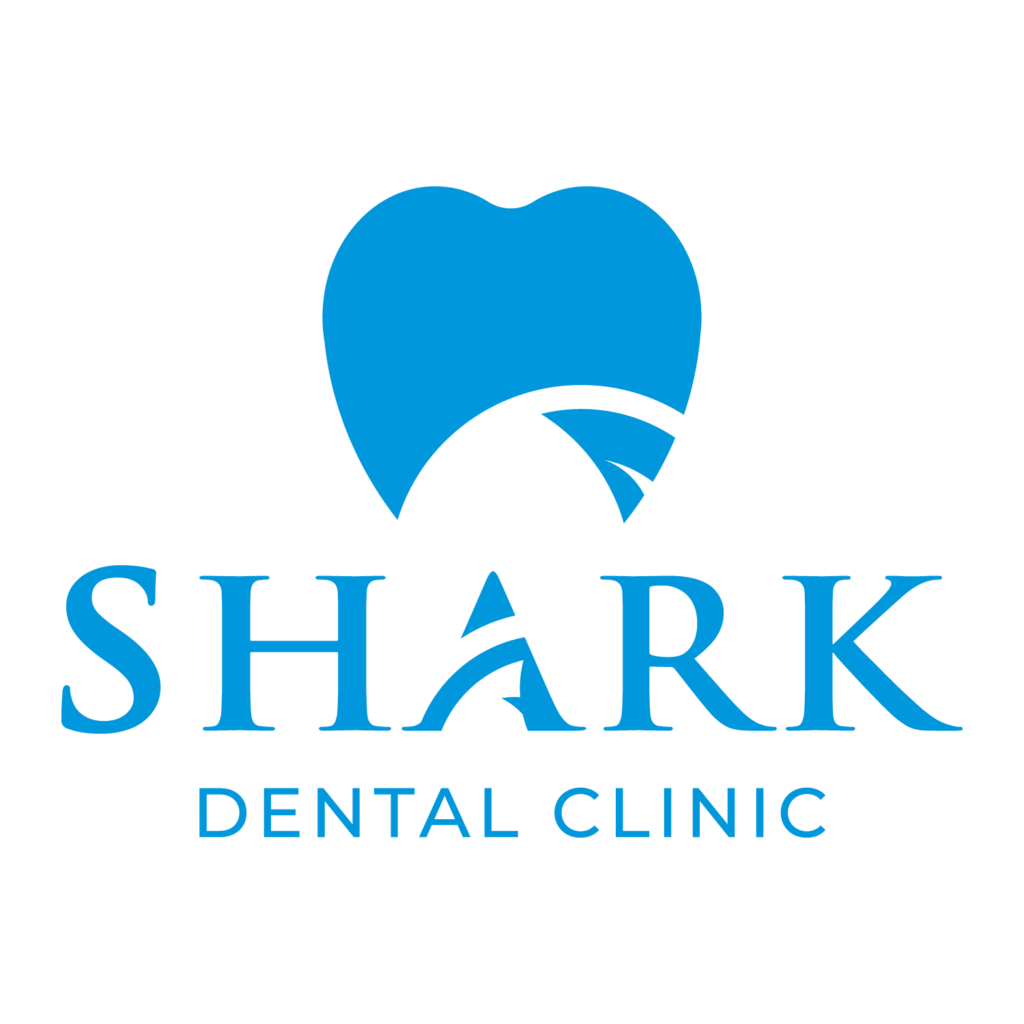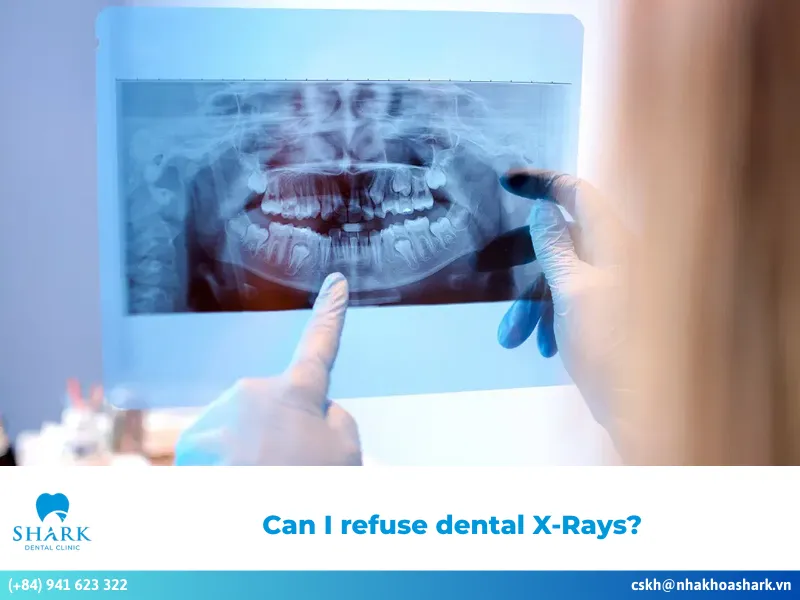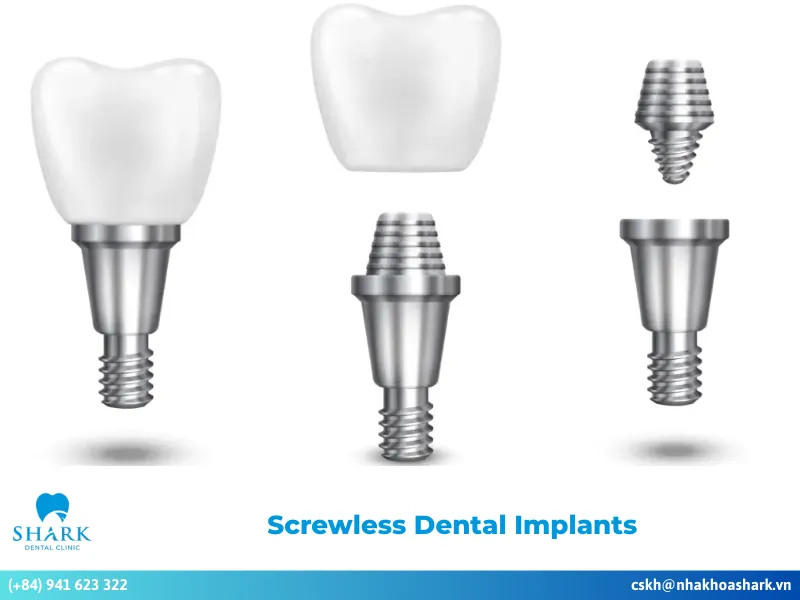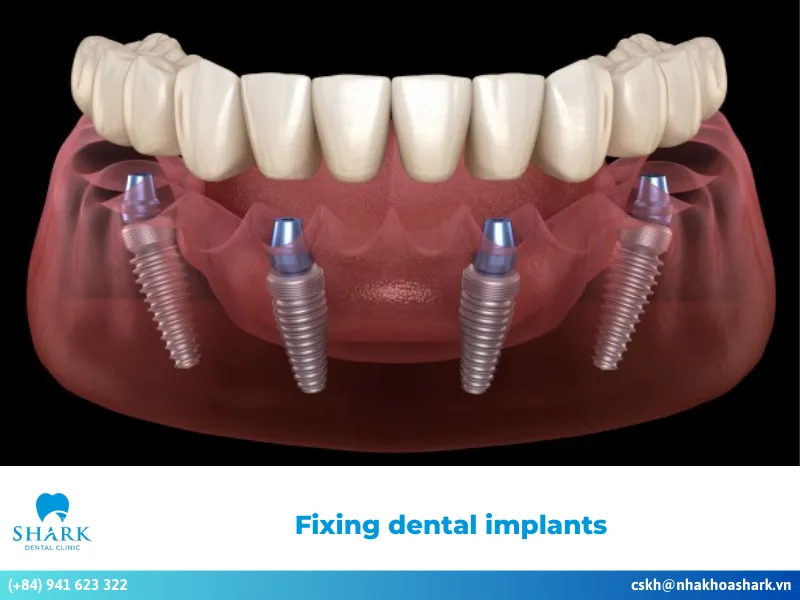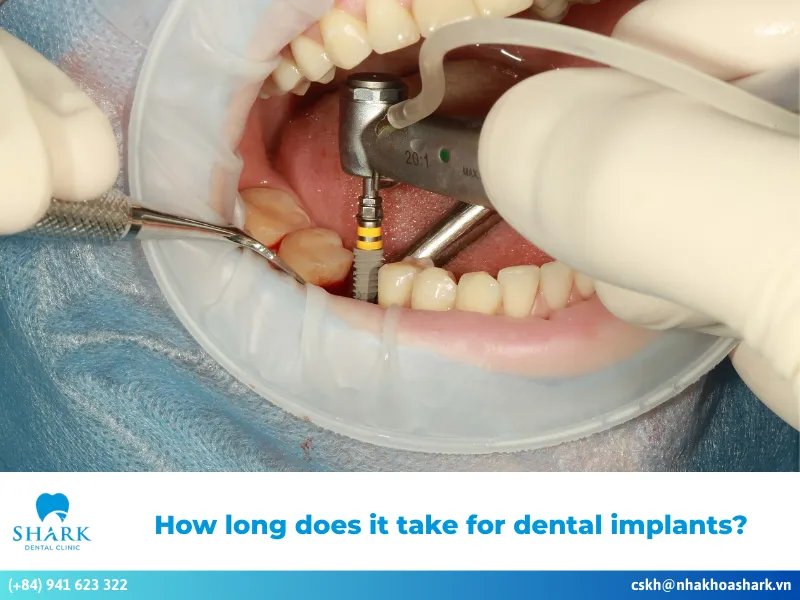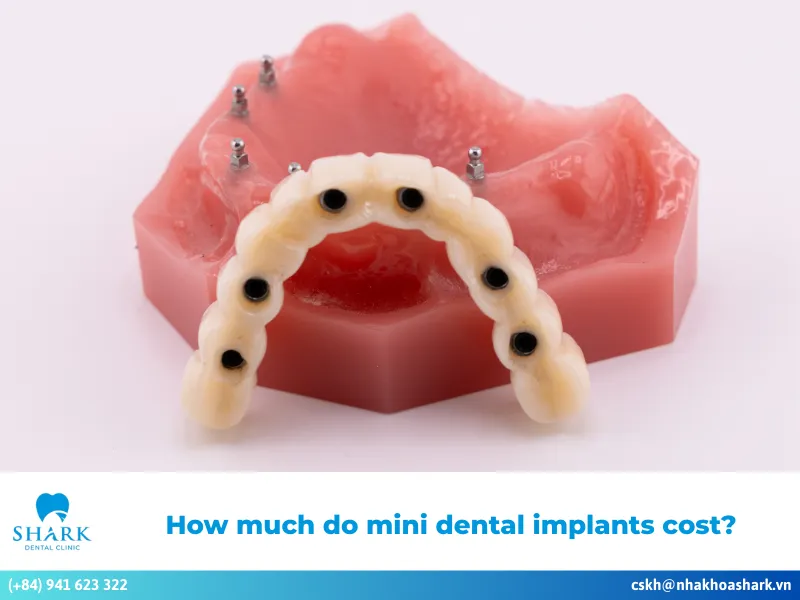For braces to be effective and safe for your oral health, it’s important to follow a proper diet and maintain a disciplined oral hygiene routine. Many people wonder: Can I eat popcorn with braces? Let’s explore the detailed answer with Shark Dental Clinic in the article below!
Can I eat popcorn with braces?
You should avoid eating popcorn while wearing braces. While it is a popular snack for many due to its delicious flavor, popcorn poses significant risks for individuals undergoing orthodontic treatment. Unpopped kernels or partially popped pieces can easily get stuck in brackets, affecting the treatment’s effectiveness.

Here are some reasons to avoid popcorn during orthodontic treatment:
- Popcorn debris can easily lodge between brackets and teeth, complicating daily oral hygiene and increasing the risk of tooth decay, gingivitis, and periodontal disease.
- Biting into popcorn too hard can lead to broken brackets or loosened wires, which can disrupt your orthodontic progress.
- According to the American Dental Association, consuming a lot of popcorn not only damages braces but can also increase the risk of enamel discoloration and cavities after the braces are removed.
- Popcorn husks can be sharp and may injure the gums, creating an ideal environment for bacteria to thrive, which can lead to pain, swelling, bad breath, or even abscesses.
In summary, during the time you are wearing braces, you should avoid eating popcorn or consume it only in limited and proper ways. Always follow your orthodontist’s dietary and oral care instructions to ensure the best treatment results and protect your oral health.

Tips for enjoying popcorn safely with braces
Although popcorn is not recommended during orthodontic treatment, if you enjoy it too much to give it up completely, you can keep in mind the following tips:
- Choose fully popped, soft pieces of popcorn and remove any partially popped or unpopped kernels to prevent damaging the brackets or wires.
- Break popcorn into smaller pieces and chew gently. Avoid biting down with excessive force to reduce the risk of gum injuries.
- Drink water while eating popcorn to help wash away food particles and minimize the risk of enamel erosion and cavities.
- After eating popcorn, brush and clean your teeth thoroughly. Use a soft-bristled toothbrush, an electric toothbrush, dental floss, or a water flosser to remove any leftover debris and lower the risk of tooth decay or gum inflammation.
- After eating, carefully inspect your braces for any popcorn pieces stuck in the brackets or wires. If you notice any loose or displaced brackets or wires, report it to your orthodontist for prompt adjustments.
- Limit your popcorn consumption and opt for low-sugar varieties to lower the risk of cavities and enamel wear.
Maintaining proper eating habits while wearing braces will help ensure that your orthodontic treatment progresses smoothly, achieves optimal results, and protects your oral health. Although popcorn is not the ideal snack, you can still enjoy it occasionally by following professional advice and practicing careful hygiene.
>>> See more: Can you eat chips with braces?
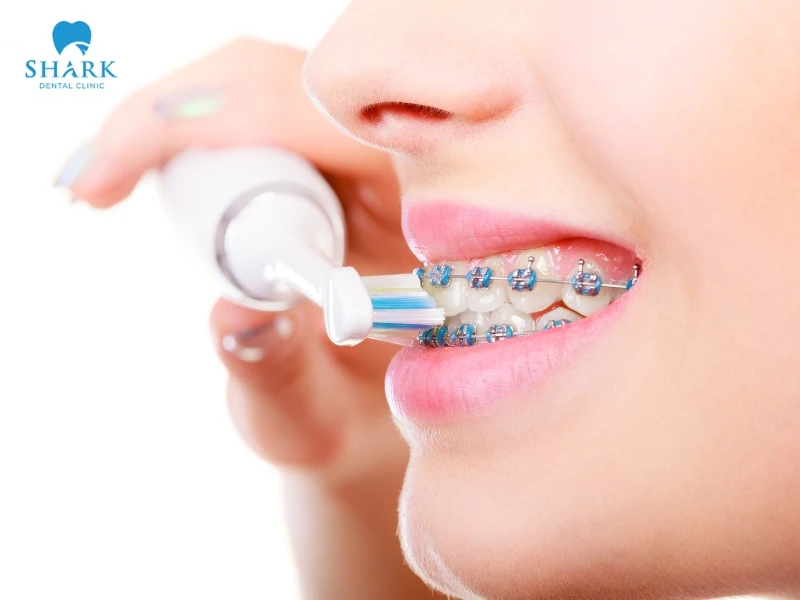
Safe snacks to eat instead of popcorn
If you wear braces and love to snack but want to protect your oral health and ensure that your orthodontic results are not compromised, consider the following safe snack alternatives:
- Low-sugar rice cakes: Low-sugar rice cakes are a great option during orthodontic treatment. They are crispy, dissolve quickly in the mouth, and have minimal impact on braces. Choose low-sugar varieties to reduce the risk of tooth decay.
- Cheese puffs: These are a delicious and popular snack. Cheese puffs are soft, flavorful, and easy to chew, making them a safe choice for those with braces.
- Dried fruits and vegetables (Cut into small pieces): You can enjoy low-sugar dried fruits and vegetables that are sliced into small pieces. These snacks are nutritious, healthy, and safe for orthodontic treatment.
- Plain, low-sugar yogurt: Yogurt is an excellent snack for those wearing braces. To protect oral health and prevent cavities, opt for plain, low-sugar yogurt options.
- Ripe fruits: In addition to the snacks listed above, you can eat ripe and soft fruits like bananas, dragon fruit, papaya, and avocado. These fruits are rich in vitamins, soft, easy to chew and swallow, making them suitable for sensitive teeth during orthodontics.
- Soft starches: Foods like mashed potatoes, oatmeal, and mashed sweet potatoes are highly beneficial in the early stages of braces. They provide essential nutrients, help keep you feeling full longer, and won’t damage orthodontic appliances.
- Soft cookies: If you enjoy sweet snacks, try soft, low-sugar cookies. They are easy to chew and eat, minimizing the risk of dislodging brackets and protecting your orthodontic progress.
Dental professionals recommend maintaining a balanced, healthy diet during orthodontic treatment. Along with a proper diet, people with braces should also adhere to oral hygiene guidelines to ensure strong teeth and reduce the risk of dental issues such as cavities, gingivitis, and periodontitis.
Additionally, orthodontic patients should attend regular check-ups at a trusted dental clinic every 1–2 months. These visits allow your dentist to monitor tooth movement and address any unusual problems that may arise during treatment.
>>> See more: Can you eat pizza with braces?
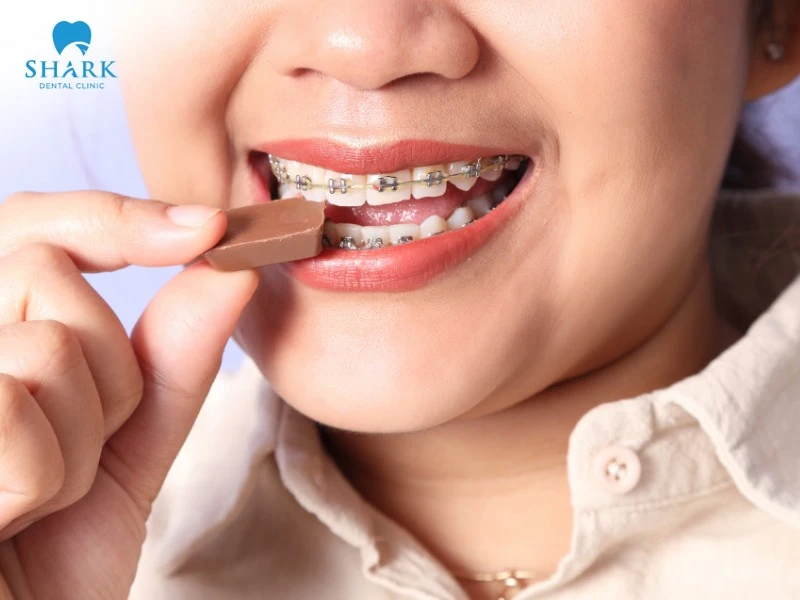
This article provides information about whether you can eat popcorn with braces, how to enjoy it safely if you choose to, and what safe snack alternatives are available. We hope this information helps answer your questions and guides you in building a healthy diet, enabling you to achieve strong, even, and confident teeth soon.
>>> See more: Can you eat ice cream with braces?


